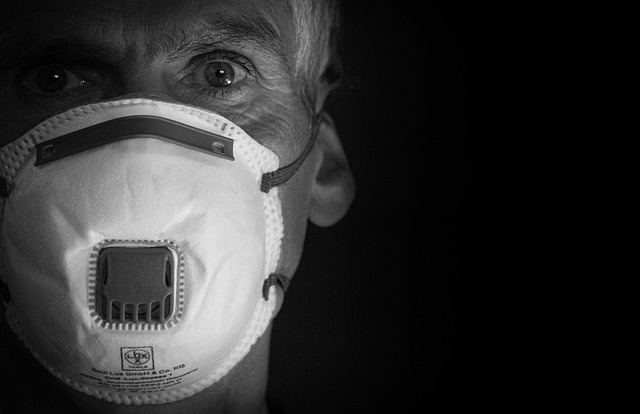The text sheds light on the controversial issues at Lakeland Behavioral Health, a mental health facility, where reports of abuse—including physical and emotional harm—have emerged, affecting vulnerable adults and children. Survivors and families share their stories, emphasizing the need for better oversight in mental health institutions. The impact extends to families facing trauma, anxiety, and depression. Advocacy, including community campaigns, support groups, and policy reforms, is crucial to combat Lakeland Behavioral Health Abuse and ensure protection from future incidents.
“In the face of adversity, families affected by Lakeland Behavioral Health Abuse require unwavering support and advocacy. This comprehensive article delves into the intricate web of challenges faced by these resilient individuals, offering a nuanced understanding of the impact on their lives. From unraveling the complexities of Lakeland Behavioral Health Abuse to exploring powerful advocacy strategies, we aim to shed light on the journey towards justice and healing. Join us as we navigate through stories of strength, highlighting the crucial role of community support in empowering families affected by this issue.”
- Understanding Lakeland Behavioral Health Abuse
- The Impact on Families: Stories and Challenges
- Advocacy Strategies for Justice and Support
Understanding Lakeland Behavioral Health Abuse

Lakeland Behavioral Health, while aiming to provide mental health services, has been at the center of controversy due to alleged abuse within its facilities. Understanding Lakeland Behavioral Health Abuse involves delving into reports of mistreatment, neglect, and harmful practices towards patients, especially vulnerable adults and children. These claims highlight systemic issues that require urgent attention and reform.
The extent of the alleged abuse ranges from physical harm to emotional manipulation and lack of necessary care. Many survivors and their families share harrowing stories, emphasizing the need for increased oversight and accountability in mental health institutions. Recognizing and addressing Lakeland Behavioral Health Abuse is a crucial step towards ensuring safer environments for those seeking treatment and strengthening the overall mental health care system.
The Impact on Families: Stories and Challenges

The impact of Lakeland Behavioral Health abuse extends far beyond individual victims, profoundly affecting entire families. When a family member struggles with the aftermath of such trauma, it can create a web of challenges that ripple through every aspect of their lives. Spouses and children often find themselves caught in a whirlwind of emotional turmoil, trying to make sense of the unthinkable.
These experiences leave indelible marks, leading to a myriad of issues like heightened anxiety, depression, and trust deficits. Stories from affected families paint a picture of resilience and struggle; some share tales of prolonged healing processes, while others highlight the ongoing battle to regain a sense of safety and stability. Navigating these waters requires not just emotional strength but also access to quality support systems and resources tailored to address the unique needs stemming from Lakeland Behavioral Health abuse.
Advocacy Strategies for Justice and Support

Advocacy plays a pivotal role in ensuring justice and support for families affected by Lakeland Behavioral Health Abuse. One effective strategy is organizing community awareness campaigns that highlight the extent of the issue, fostering public pressure to compel authorities to act. These campaigns can include educational workshops, media outreach, and sharing personal narratives to humanize the problem, making it harder for institutions to ignore.
Additionally, forming support groups provides a safe space for survivors and their families to connect, share experiences, and gain strength in numbers. By pooling resources, knowledge, and collective voices, these groups can lobby for policy changes that better protect individuals from similar abuses within Lakeland Behavioral Health facilities. Strong advocacy ensures that the needs of affected families are not only heard but also addressed comprehensively.
The stories shared highlight the profound impact of Lakeland Behavioral Health Abuse on families, underscoring the urgent need for advocacy. By employing strategic approaches outlined in this article—from raising awareness to supporting survivors and pushing for accountability—we can foster a more just and supportive environment for those affected by such abuse. Together, we can navigate this challenging landscape and work towards a brighter future free from Lakeland Behavioral Health Abuse’s remnants.
